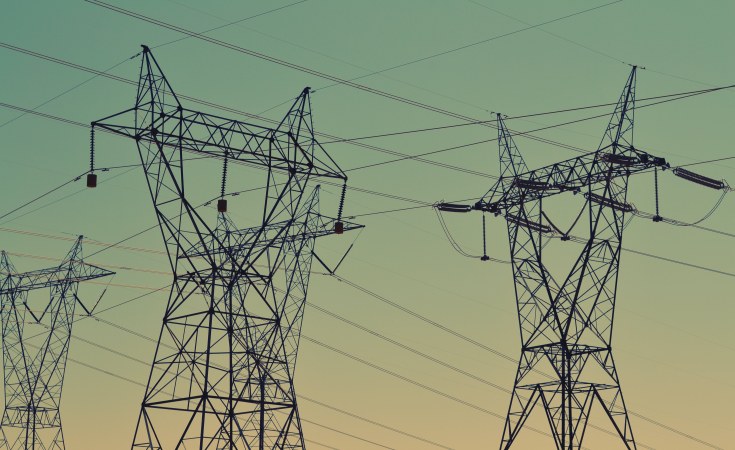Nigeria's Minister of Power, Adebayo Adelabu, disclosed this at a press conference in Abuja.
The Nigerian government on Wednesday said it has become very difficult to sustain subsidies on electricity in the country.
Nigeria's Minister of Power, Adebayo Adelabu, disclosed this at a press conference in Abuja.
Mr Adelabu explained that the indebtedness of the country's power sector to electricity-generating companies (GenCos) and the gas companies (GasCos) has risen to over N3 trillion.
"Today, we are owing a total of N1.3 trillion to the power generating companies, out of which 60 per cent is owed to gas suppliers. Today we have a legacy debt, prior to 2014, to the gas companies of $1.3 billion; at today's rate, that is close to N2 trillion.
"Now, if you add N2 trillion legacy debt owed to gas companies and the N1.3 trillion being owed to GenCos, we have an inherited debt of over N3 trillion in this sector. How will the sector move forward? Nigerians deserve the right to know this.
"However, we are working underground to make sure that we resolve these issues and pay these debts either through cash injections or through guaranteed debt instruments to ensure the continuity in the generation of power," Mr Adelabu said.
Speaking on electricity subsidy, he said countries like Ghana, Togo, and Benin Republic pay much more than Nigeria for electricity while noting that the government might not be able to continue funding electricity subsidies.
"What we have made provision for in the 2024 budget for subsidy is N450 billion and we will require N2.9 trillion for subsidy. So can we afford it? We must be realistic. Can we afford it?" he noted.
Mr Adelabu said N450 billion is less than 20 per cent of the almost N3 trillion that is required for subsidy if the nation must continue at the current electricity price.
"So these are things that we need to decide on as a nation," he said.
He further explained that issues with the electricity supply value chain are many across all segments in the value chain.
He said this was made complicated by a lack of sustaining liquidity and infrastructure funding, as well as structural misalignment.
Mr Adelabu added that the simple technical operational issues are inadequate shortage of gas supplies and ageing dilapidated generation machinery causing below optimal capacity utilization causing short supply by the GenCos.
"Inadequate power evacuation capacity at GenCos locations, coupled with unstable and fragile transmission lines, devoid of automated frequency controls, lacking in fail-over or back-up capacity with frequent human disturbances through vandalization and theft.
"Aging weak distribution infrastructures (lines and transformer) coupled with huge meter gap causing unbearably large technical and collection losses.
"These are issues that look so simple on the surface and should ordinarily require little effort to fix over time," he said.
The minister's comments appear to indicate the government's plan to remove the electricity subsidy, in tandem with a recommendation of the International Monetary Fund (IMF). However, the government has been reluctant to implement the recommendation as it would further impoverish Nigerians amidst a cost-of-living crisis caused by government policies.


